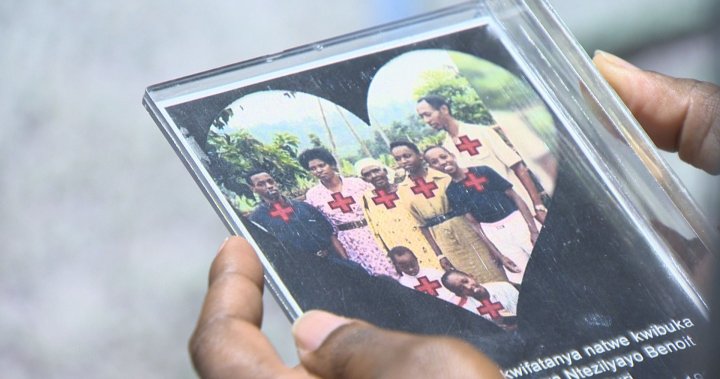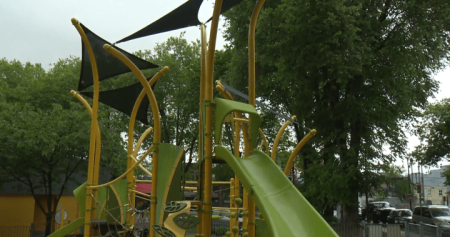As Montreal commemorates the 30th anniversary of the genocide in Rwanda, survivors are facing the trauma and pain of the past. Many individuals, such as Odile Sanabaso, who lost nine family members during the massacre, are struggling with the memories that resurface each year. Despite the difficulties, Rwandan groups in Montreal, including PAGE Rwanda, are hosting events to ensure that the tragedy is not forgotten and to honor those who were killed. Sandra Gasana, a spokesperson for PAGE Rwanda, believes that sharing their stories can help prevent others from experiencing similar atrocities and contribute to society.
Survivors like Philibert Muzima are grappling with how to pass on their stories to the next generation while still dealing with their own pain. Muzima, who lost multiple family members during the genocide, finds it challenging to convey the horrific events to his children without passing on trauma and hatred. His approach is to write down his experiences in a book so that his children can understand when they are older. Similarly, Sanabaso shares vague details with her young children but worries about how to handle the conversation as they grow older and can comprehend the depth of the tragedy.
Susan Solomon, who co-directed a documentary on Holocaust and Rwandan genocide survivors, notes a common theme among both groups – the absence of graves for their loved ones. This void influences their lives and experiences, shaping their identities around loss and grief. Some survivors advocate for a memorial in Canada to honor the victims of the Rwandan genocide and bring together survivors and non-survivors. Muzima believes a memorial site would provide a place for remembrance and reflection, while also allowing Canada to recognize the pain and suffering of its citizens who endured the genocide.
Sanabaso also supports the idea of a memorial in Canada, viewing it as a way for the country to acknowledge and share the burden carried by Rwandan genocide survivors. As a Canadian citizen with a traumatic past, she believes that a memorial would symbolize Canada’s support and solidarity in helping survivors carry their emotional baggage. By erecting a memorial, Canada would demonstrate that it stands behind those affected by the genocide and is committed to honoring their experiences. The construction of such a memorial would not only serve as a tribute to the victims but also signify Canada’s willingness to provide healing and support to survivors of the genocide.















